Introduction to American Government , 2nd Edition, part of the Collins College Outline series, is intended as a supplement to the main American government textbooks, both softbound and hardcover, currently used in high schools and at the undergraduate level in colleges and universities throughout the nation.
Introduction to American Government , 2nd Edition, provides essential information about American political institutions, leaders, events, processes, and concepts, so that you can better comprehend the related materials found in comprehensive textbooks. Real-life political examples are disseminated throughout in order to reinforce substantive material. This 2nd Edition covers the three branches of government, federalism, public opinion, the media, political parties, interest groups, the bureaucracy, voting, campaigns, and elections. There is also a chapter on public policy. The book contains a glossary of key terms important to the study of American government as well as relevant appendices. This work also can serve as an effective review device when preparing for major course examinations. Included are end-of-chapter opportunities to test yourself. Each chapter also includes answers to the test questions.
I am grateful to Fred N. Grayson for his invaluable technical assistance and encouragement extended to me during this projects evolution. In addition, my appreciation is extended to Dr. J. Mathew Wilson of Southern Methodist University and Tere Stouffer for their editing skills and substantive suggestions. Finally, I would like to thank my wife, Sharon, whose support, patience, and computer skills were all essential to this books completion.
Larry Elowitz
Georgia College and State University
Government, Politics, and the Creation of the U.S. Constitution
I t is virtually impossible for an American citizen to escape the personal impact of government and the political process. The citizen confronts the diverse effects of political decision-making by an elected or appointed public official at the local, state, or federal governmental level. These effects may include a variety of taxes, environmental and consumer regulations, voting registration guidelines, city traffic regulations, or even the interest rates paid on a mortgage or college student loan. Conversely, a citizen can also influence his or her political world by exercising the constitutional freedoms incorporated and developed within the context of the Constitution.
That American constitutional system can be traced to the dramatic events of the 1787 convention in Philadelphia. The fifty-five delegates possessed certain political ideals and a desire to forge a stronger nation. The compromises they agreed to and the document they produced have clearly stood the test of time. This first chapters coverage explains how an eighteenth-century plan of government still can have considerable relevance for a technologically advanced nation in the twenty-first century.
 GOVERNMENT, POLITICS, AND POWER:
GOVERNMENT, POLITICS, AND POWER:
SOME BASIC DEFINITIONS
Government, politics, and power are all interrelated. The following discussion of their respective meanings helps illustrate this fundamental point.
What Do We Mean by Government ?
In the United States, government consists of institutions (Congress, the Supreme Court, a city council), agencies (Federal Reserve Board, Environmental Protection Agency, Internal Revenue Service), and elected/appointed political officials (mayors, legislators, governors, judges, cabinet heads, president) whose purpose is to write, enforce, or interpret laws and public policies in general. The main goals of local, state, and federal governments are to maintain public order, provide goods and services that help the lives of citizens, and protect basic freedoms and liberties.
A good example of governments potent force in the lives of Americans occurred after the tragic terrorist attacks of September 11, 2001, upon U.S. soil. Subsequently, President George W. Bushs administration took a series of steps, both at home (intelligence reform, establishing the Department of Homeland Security, tightening airport/border security) and abroad (military interventions in Afghanistan and Iraq), to defend and prevent the nation from experiencing a repeat of 9/11.
What Do We Mean by Politics ?
Politics refers to the activities of influencing or controlling government for the purpose of formulating or guiding public policy. Two commonly used definitions coined by political scientists David Easton and Harold Lasswell are, respectively, the authoritative allocation of values, and who gets what, when, and how. The two definitions suggest that there must be some authority (governmental personnel) who can decide on those preferences (values) that will be selected over other choices. In short, politics is rooted in the inevitability of social conflict.
Why Are There Conflicts in American Society?
First, individuals differ in terms of needs, values, abilities, and attitudes. Disagreements follow over moral issues of right and wrong, such as abortion or the death penalty.
Second, individuals may quarrel over which problems are the most important to solve. For example, should the federal government spend more money on defense or social programs?
Third, individuals compete for scarce goods and services. Senior citizens over the age of sixty-five want higher Social Security benefits, but workers in their mid-twenties would prefer that less money be taken from their paychecks. Using Lasswells definition, will the elderly get what they desire this year (when) by convincing Congress, a part of government, to pass a law benefiting them (how)? Or will Congress be politically influenced by thousands of young workers writing letters of protest against higher Social Security deductions? Whatever the final decision, values, as Easton would phrase it, will be allocated in an authoritative manner.
What Is Power?
Government has the power to enforce any law it passes. For example, a driver may feel that a seventy-mile-per-hour speed limit is a bad law and refuse to obey it. But the driver does face the consequences of breaking the law if he or she speeds excessively; for example, a fine or even time in jail. Similarly, many American citizens do not like to pay federal income taxes. But the Internal Revenue Service, an agency of the federal government, can prosecute individuals who fail to pay.
Power, then, is the ability of government to make a person do something he or she does not necessarily want to do. Still, the power of government is not unlimited. The people, through elections, protests, initiatives/referendums/recalls (citizens directly proposing legislation, expressing approval/disapproval on policy measures, removing officials) in some states or localities, and other forms of communication, do have the right to question governmental power in a democracy.
What Other Non-Democratic Forms of Government Exist?
Non-democratic or authoritarian governments are still prevalent in the modern era. In these types of governments, leadership accountability to the general population is weak or non-existent.
These governments include autocracy, a political system that involves rule by a single individual with unlimited power, such as a king, queen, or dictator (for example, Libya under the rule of Muammar al-Qaddafi). Likewise, an oligarchy is a country ruled by a relatively small self-appointed elite, perhaps by very wealthy landowners or a military junta. This elite largely oversees and controls governmental decision-making. Simply put, such authoritarian political systems place few restrictions on government or its leaders. An even more extreme form of authoritarianism is a totalitarian political system, where the government and its leaders are in complete control of every aspect of society (for example, the old Soviet Union under the aegis of the Communist Party). Finally, a theocracy refers to religious leaders constituting and running the government (for example, in contemporary Iran). Today, non-democratic regimes still rule more than one-third of the worlds population.

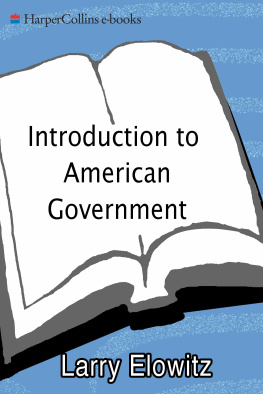
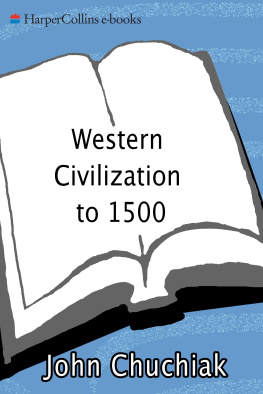
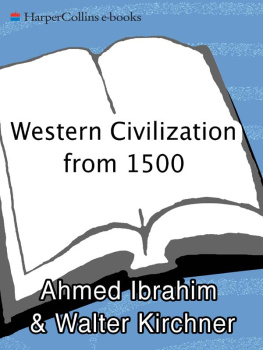

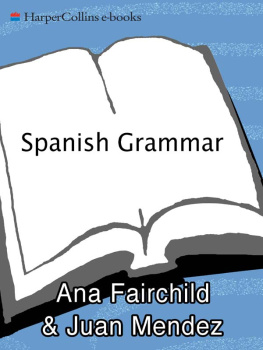

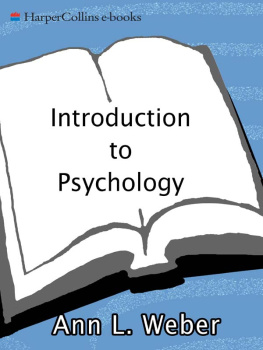
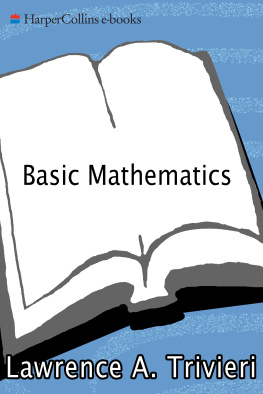
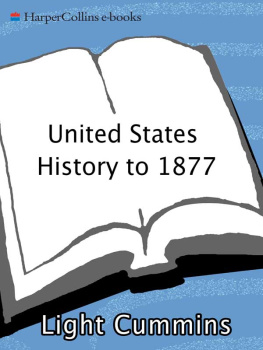
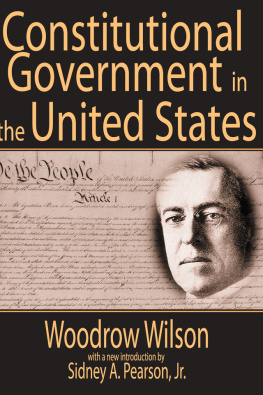
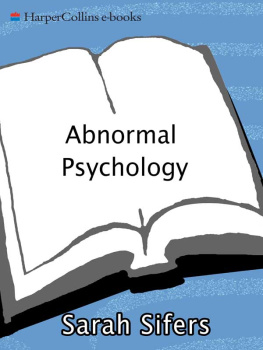
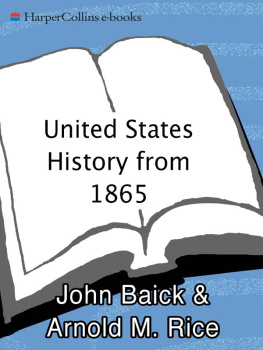
 GOVERNMENT, POLITICS, AND POWER:
GOVERNMENT, POLITICS, AND POWER: